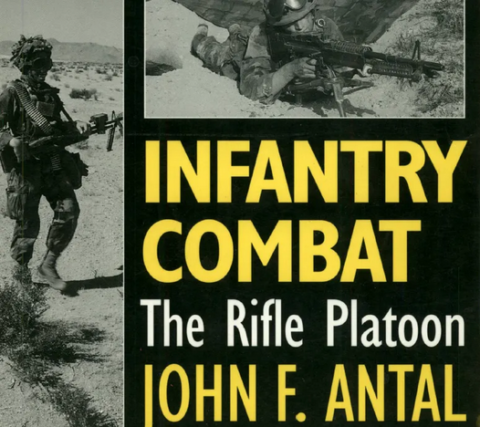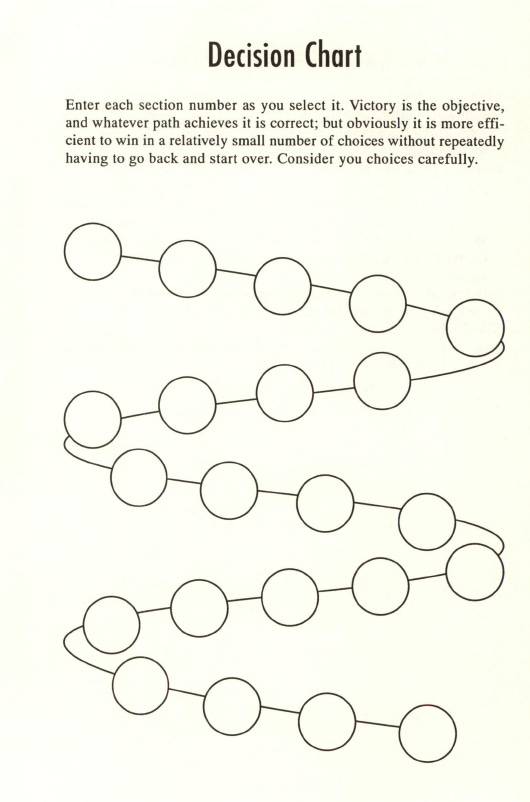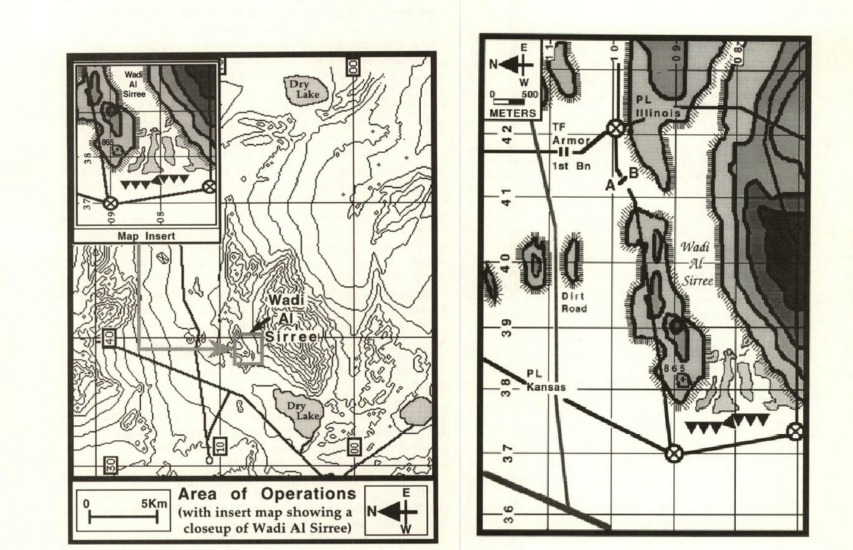At anarchonomicon, kulak reviews Antal’s book from the 1990s:
There are a lot of weird experimental products in the world of Military Publishing … there’s no other subject for adults where professional volumes are published in the same format as children’s picture books where every other page is a full page image so that when you hold it in your hands you always have 50% picture/50% text, and yet that’s exactly how military atlases are formatted. They’re amazing!
Likewise military identification/vehicle guides, book length manuals or ship tours, or regimental campaign histories and memorabilia … These push the limits of the publishing medium, because they have to. The subject matter is complex, technical, tactile, risky, and multifaceted enough that aside from experimental horror novels or the vanishingly rare graphic novel … Nothing pushes the limits of paper so completely … indeed there are almost certainly some military history books that rival the experimental horror novel House of Leaves in terms of sheer medium breaking complexity.
And while Colonel John F. Antal hasn’t produced the most complex example of this… He may have produced one of the most experimental.
Infantry Combat: The Rifle Platoon is a simultaneous Military Tactics and Leadership crash course and semi-political argument about the wrong lessons that were learned from Operation Desert Storm (it was first published in 1995) in the format of a “Choose your own Adventure” novel.
And my god does it work. Its argument is incredibly well presented, its intangible concepts and ethos is really strongly conveyed, it teaches an impressive amount of theory and application despite NOT being a textbook of theory or doctrine …
And It just has no conceivable right to work as well as it works.
It actually does push the format of the “Choose your own adventure novel” incredibly far in terms of complexity. I’ve never seen one before that included several pages of charts just to track your decisions down the matrix.
The setup is primally simple.
You are US Army 2nd Lieutenant Davis. While it isn’t your first-First day, it is nearly your first after getting to the unit, and a very unlucky one at that.
You graduated West Point, attended ranger school, and this is day 2-3 of your first command.
America’s army is in an unnamed country and temporarily outnumbered as it is invaded, however they’re just dumb Arabs … its fine. Will probably get settled at the negotiating, and beside you have air dominance and the technological marvel of the US Military behind you.
Note this map is oriented 90 degrees off. North is on the left, east at the top. The triangles are a tank ditch meant to stop armoured vehicles (like a massive dry moat)
The main force isn’t going to be attacking you.
Your lone platoon of just 38 will be defending Wadi Al Sirree, a narrow mountain pass separate and a little ahead of your main force.
You might think this is a little exposed but they’re almost certainly going to exploit the open country with their armor and proceed up the dirt road to hit the 1st armoured battalion and the rest of your company. This is the fastest way they can proceed and exploit their momentary numbers in the theater before the rest of the US military arrives. Your pass isn’t valuable much at all for a ground invasion, and besides there’s a massive tank ditch and other obstacles that will deter the enemy. Your troops are really just there as an auxiliary to the land and the ditch. Maybe spot some artillery fire.
But hey! This is a great opportunity to see what war in the late 20th/early 21st century is about up close and personal. Just keep your head down, let your NCOs who have the experience do their jobs, and you’ll get a nice combat medal on your second day on the job. Just try not to get in people’s way.
As you can guess, the job of a Infantry commander is probably a bit more complex than that …







